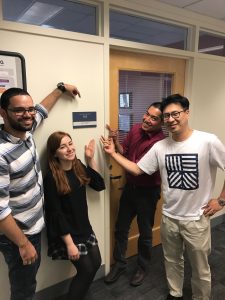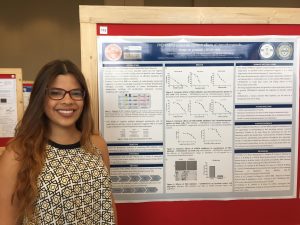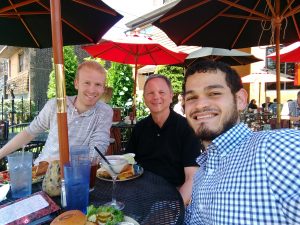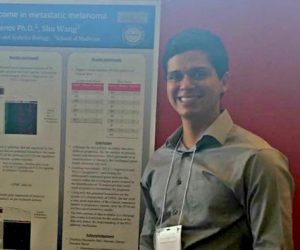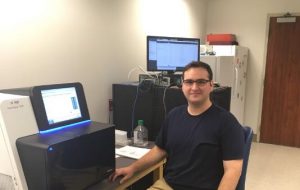Hi! I am Alexandra Carruthers Ferrero. I am currently an undergraduate physics major at the University of Puerto Rico, Río Piedras Campus. This summer, I participated in Harvard T.H. Chan School of Public Health‘s Summer Program in Biostatistics and Computational Biology through IDI-BD2K (Increasing Diversity in Interdisciplinary Big Data to Knowledge). Thanks to this incredible opportunity, I was able to work on a public health research project under the mentorship of Dr. Cory Zigler and Dr. Chanmin Kim. The project focused on tracking air pollution from coal power plants throughout the United States. We worked with time-varying data to construct linear regression models and learn how the emissions of certain power plants spread and impact populations throughout the country. Traditionally, chemical and physical models are used to study the spread of air pollution. Therefore, another key point of our project was to compare the results of a purely data based statistical model with those of chemical and physical models. In addition to working on a research project, the program provided us with professional workshops and courses in biostatistics and epidemiology.
I cannot say enough how grateful I am to have had the opportunity to take classes and research in the school of public health this past summer. It provided an environment for not only professional but also personal growth. I wholeheartedly recommend others to participate!
